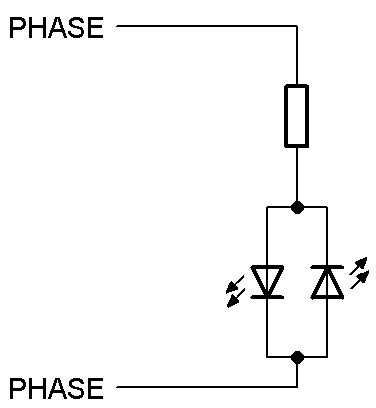Hello,
Did someone try to control a ESC (Electronic Speed Control) with a microcontroller ? I mean, I've heard it is possible but I've encountered a problem during the process. So, I've started from the following idea. I've configured the TIMERA2 from the microcontroller in hope I can control the ESC like a servo . I've tested the configured timer on a servo motor and it works. When I've tried to configure the ESC, sending the corresponding 180 degrees value for a servo, it beeps for 6 times consequently.Therefore, after I send the corresponding 90 degrees value for a servo it is running for few seconds and then it stops. I've also used a pull up transistor and the out mode 3 for timer (set/reset)
I don't understand this strange behavior.


